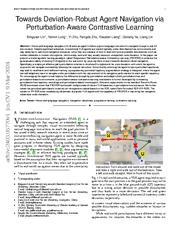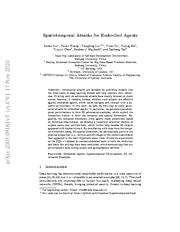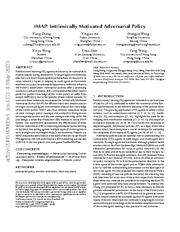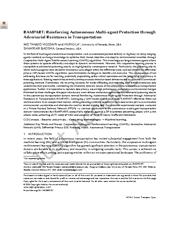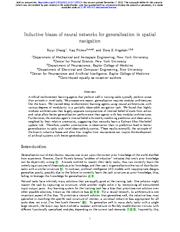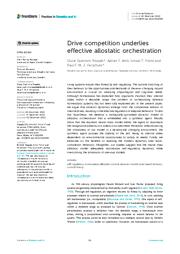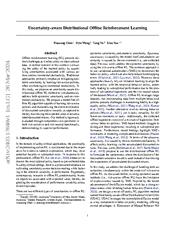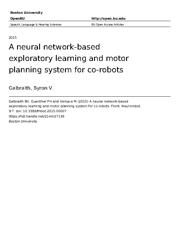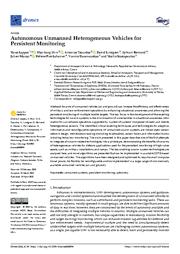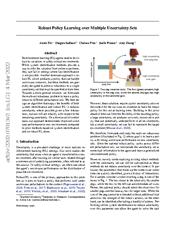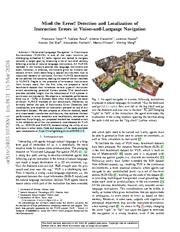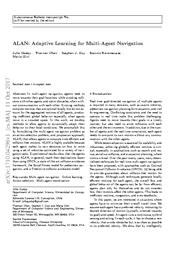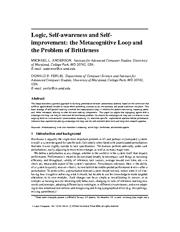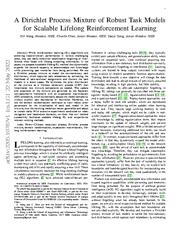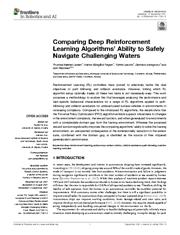ALAN: Adaptive Learning for Multi-Agent Navigation
[article]
Julio Godoy, Tiannan Chen, Stephen J. Guy, Ioannis Karamouzas, Maria Gini
2017
arXiv
pre-print
In multi-agent navigation, agents need to move towards their goal locations while avoiding collisions with other agents and static obstacles, often without communication with each other. ...
We accomplish this by formulating the multi-agent navigation problem as an action-selection problem, and propose an approach, ALAN, that allows agents to compute time-efficient and collision-free motions ...
Offline learning has significant limitations, which arise from the need to train the agents before the environment is known. In contrast, the main part of our work is an online learning approach. ...
arXiv:1710.04296v1
fatcat:4xsmrhlyurc3nagmgbbe4opiym

